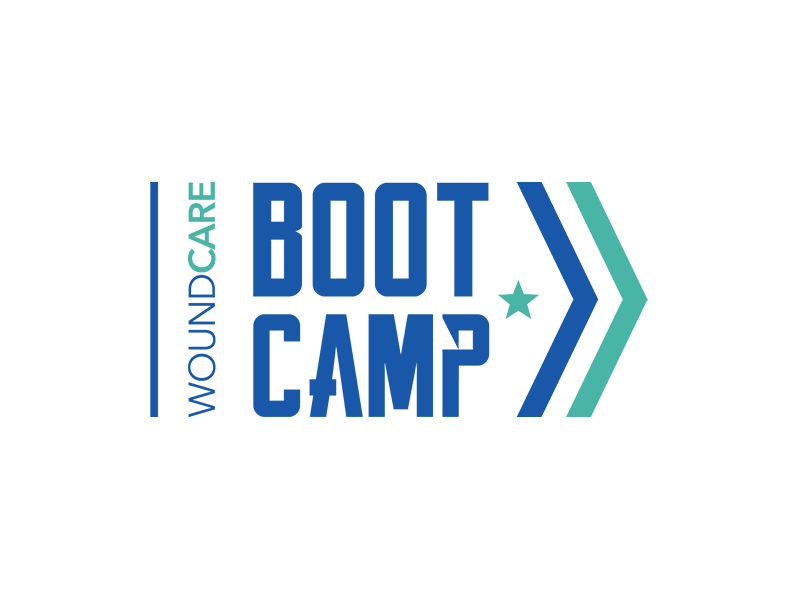Nurses are referred to as the backbone of the healthcare industry, and for good reason. This is not only because they support their patients physically, but more importantly, because they care for them emotionally. Nurses tend to provide a human face to their patients, which leads to a nurturing environment that makes all the difference in how patients heal and their general outlook in life.
Traditionally, and in a generic sense, wound care has been under the domain of basic nursing practice, with dressings and hygiene being the focus at first, but over time taking on many different roles including promotion of therapeutic nutrition, mobility, psychosocial support, comfort, and hygiene.
Nursing Shortages in Wound Care
Wound care is a daily challenge for severe injury victims, the elderly, and people with chronic conditions like diabetes and obesity. It is an important part of the health system in the US and it is currently in a state of flux. As the population ages and more people suffer chronic wounds, more certified wound care nurses with advanced knowledge and skills are needed to look after these patients. Unfortunately, the industry has had trouble attracting new nurses into the field. In recent years there has been a growing shortage of nurses with the right skills to work in wound care. This shortage has led to several issues with regard to accessing the right care for chronic wound patients, and it is having a negative effect on the speed of recovery and long-term outcomes.
There are several factors contributing to this problem. Among these factors is the fact that wound care is a very specialized area. Most nurses have to complete additional training in order to be qualified to treat wounds. This is usually in the form of a certification program or an associate degree program. The problem is, many hospitals and healthcare facilities are not prioritizing or investing in this training. This leaves the financial burden in the hands of the nurse, who may not have the resources to pay for the training. Worse still, some nurses don’t have the resources to keep up with the new techniques and technology that are constantly being updated.
There are a number of other reasons causing this shortage, including the increasing age of practicing professionals and the smaller number of fresh graduates going into the healthcare industry. The result of this shortage, however, is a general decline in standards and patient care.
Should we be worried?
With an aging population and stricter regulations on long-term care facilities, nurses are in high demand. The Bureau of Labor and Statistics predicts there will be one million nursing vacancies by 2022. Nursing shortages are already an issue, but over the next decade, the U.S. will need to fill an estimated 2.2 million nursing jobs, according to the U.S. Bureau of Labor Statistics. That’s an increase of nearly 50% from today’s workforce.
The nursing shortage looks set to affect wound care, in particular, as the number of nurses specializing in wound care is likely to decrease, leaving many wounds undressed and untreated. So what does this mean for patients requiring wound care?
What it means
Nursing shortages can diminish the quality of wound care. This means that available nurses are stretched too thin and, as a result, are unable to provide patients with the level of attention that’s needed in many instances.
From a patient safety perspective, nursing shortages can lead to increased pressure on staff, which in turn can increase the risk of error. In fact, research shows that one in four hospital patients has an adverse event, which can range from minor complications to death. Studies show that staffing shortages are a significant contributor to these avoidable errors.
Furthermore, labor shortages can result in the problem of health care workers not attending to wound patients in a proper and timely manner. And it goes without saying, wounds that aren’t properly cared for can get worse and can lead to bigger problems without the right level of care.
What’s worse is that nurses may not be able to spend time taking care of themselves, often leading to situations where they’re overworked and feel a lack of compassion or empathy towards their patients if they aren’t getting enough sleep or taking breaks often enough.
The Takeaway
The problem of labor shortages for nursing facilities is not a new one. However, it seems that the situation is getting worse. The lack of nurses in Skilled Nursing Facilities can have several debilitating effects on patient care. For example, wound patients may be getting less attention than before, which could mean that some of them might experience an increase in wound complication rates. This all impacts the issue of trust in hospitals and clearly, this is something that needs to be handled immediately.
One of such things causing this shortage is the lack of proper wound care training for nurses at SNFs. Arguably, it is in the best interest of these facilities to better care for, and invest more in their staff not only by improving their internal workplace culture (making it a more conducive and healthy workplace) but also by providing quality in-house training for wound care nurses. On the nurses’ side, this eliminates the financial burden of having to personally secure such training, and for SNFs, in addition to helping to reduce staff turnover rates, it ensures that their teams are equipped to build and maintain high clinical standards and superior wound care management practices and clinical outcomes.
To tackle this shortage issue, first, we need to broadly understand all the factors responsible for it. As it stands now, there are many theories being thrown around as to why there aren’t enough qualified nurses out there, so it’s really important that they are addressed at once if we plan on finding a solution soon enough.




